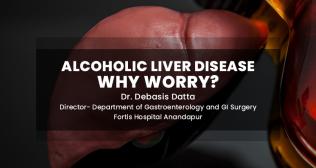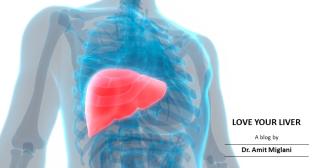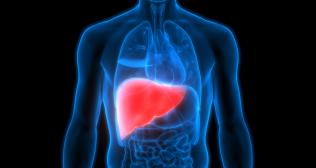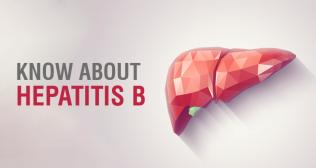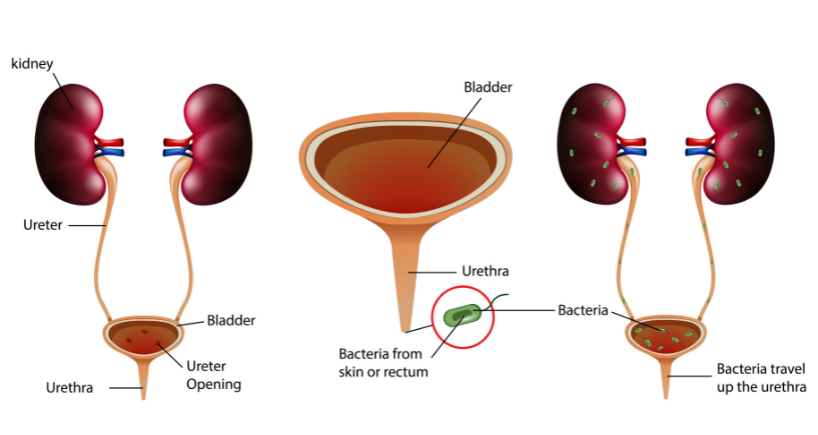
Understanding Melena: Common Causes and Symptoms
Introduction
In melena, the stool contains decomposed blood, giving it a dark, tarry appearance. This is often identified as a symptom indicating bleeding in the upper part of the digestive tract.
Symptoms of Melena
- Melena is characterised by several distinct symptoms:
- Appearance of dark, sticky, and dense stool, unlike normal
- Sticky stool that becomes harder to flush down due to its nature.
- The stool that has a pungent smell
Associated Symptoms:
- Abdominal or chest pain: This can occur, especially when the melena is caused by an ulcer in the stomach or small intestine.
- Vomiting or diarrhoea: Depending on the underlying causes, these symptoms may also be present.
- Dizziness or fainting: Severe blood loss can lead to symptoms like dizziness, light-headedness, and even fainting.
You should see a doctor if you observe black, tarry stools together. They can run tests, such as a faecal occult blood test, to see if there is blood in your stool and establish the root reason.
In addition, when assessing a patient presenting with melena, it is crucial to let the physicians know about symptoms that could suggest an underlying upper GI malignancy. These include dysphagia (difficulty swallowing), dyspepsia (indigestion or discomfort), unexplained weight loss, and a family history of gastrointestinal cancers. These indicators could also help to rule out cancer, necessitating additional testing, such as endoscopy or imaging, to identify the source of the bleeding and rule out cancer.
Does the appearance of black stools always indicate melena?
Dark-coloured stool does not always refer to melena. This can be a result of certain foods such as beetroot, liquorice, and blueberries and supplements such as iron pills, which are known to produce dark stools. In addition, when the individual is on medications, including activated charcoal or bismuth, it may also result in black stools. Hence, it is important to differentiate between food-related changes and actual bleeding.
Causes
The colour and appearance of blood in the stool indicate gastrointestinal bleeding. When bleeding occurs in GIT, the blood becomes darker due to enzymatic digestion and interaction with stomach acids as it moves through the GI tract. Several conditions may cause bleeding.
- Peptic ulcers: These are erosions on the walls of the stomach or the superior portion of the intestine. They can be caused by an infestation of Helicobacter pylori bacteria or regular use of non-steroidal anti-inflammatory drugs (NSAIDs) like ibuprofen. When ulcers bleed, they are likely to develop melena.
- Gastritis: It is a stomach inflammation caused by infections, prolonged use of specific medications, or excessive drinking. If the inflammation progresses to serious levels, bleeding develops, and symptoms of melena will appear.
- Oesophageal varices: These are varicosities in the lower third of the oesophagus. They are mainly related to liver disease, particularly cirrhosis. When these veins get damaged, they rupture, leading to bleeding, which may also cause melena.
- Mallory-Weiss tears: These are tears in the lining where the oesophagus merges with the stomach, also known as the gastroesophageal junction. They tend to occur after massive emesis or repeated episodes of retching, and they result in haemorrhagic hematemesis, which can cause melena.
- Upper GI malignancy: In some situations, ulcerating malignancies of the oesophagus or stomach may present the first clinical sign as melena. These cancers may cause a slow, persistent bleed, and before the onset of any typical features of cancer, such as pain or discomfort, the patient may present with melena.
Melena treatment
Treatment for melena focuses on many clinical aspects to manage the condition. Here are some of them:
The patient’s general health and medical history are completely examined by the doctor to determine the cause of the bleeding. This will help them in treatment planning.
- Stop bleeding: Once the diagnosis is confirmed, the doctor’s primary goal is to stop the bleeding using appropriate medical or invasive procedures to prevent further blood loss.
- Fluid infusions: Depending on the degree of blood loss, the doctor may administer an intravenous infusion or even a blood transfusion if the blood loss is severe.
- Acid-blocking agents: To relieve acidity and inflammation, proton pump inhibitors are used to treat ulcers or inflammation of the stomach or gastrointestinal tract lining.
- Endoscopy: Endoscopy may be used as a diagnostic procedure to locate the bleeding site. Likewise, endoscopy can also allow the surgeon or the doctor to carry out some invasive procedures, like electrocautery, to stop the bleeding.
Conclusion
Black stool is not always caused by bleeding or melena as it can be non-serious and caused by consumption of certain foods or medications. However, the presence of blood in stool is concerning and should not be ignored. Early diagnosis and treatment can improve the melena with better outcomes.








